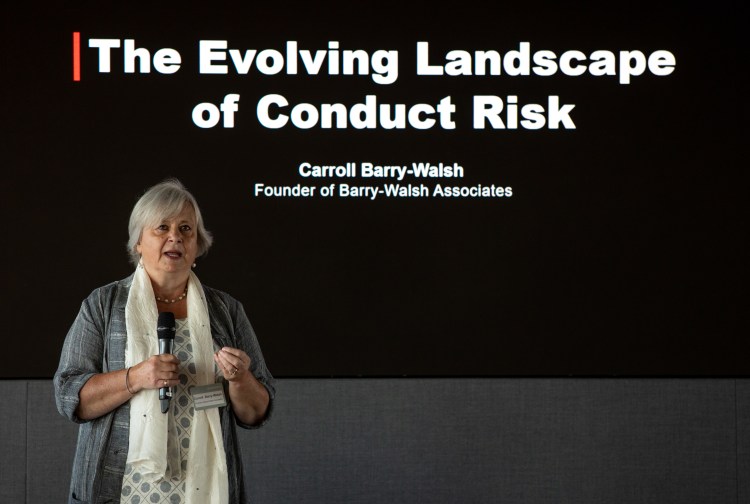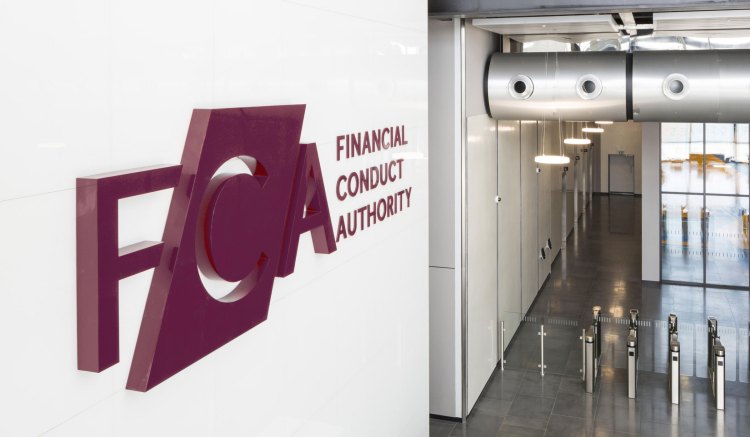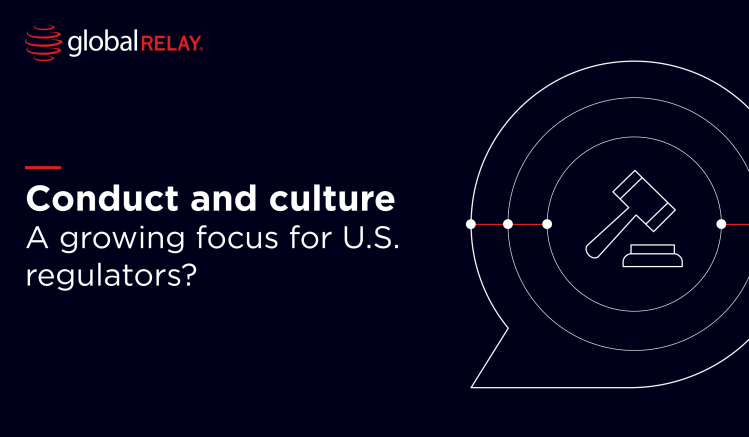
We need your approval
This content is provided by a third party. To view this video content, please enable functional cookies.
“The information that’s going to be asked of you is going to be pretty extensive, and you’re going to have a hell of a job finding it under some time pressure and making sure it is accurate, complete, and reliable”.
Recent examples – including the SEC’s sanction against J.P. Morgan for the deletion of 47 million emails – show that having complete communications data to-hand and archived securely, in a manner that makes it straightforward to access at a moment’s notice, is paramount when complying with regulators and investigations.




